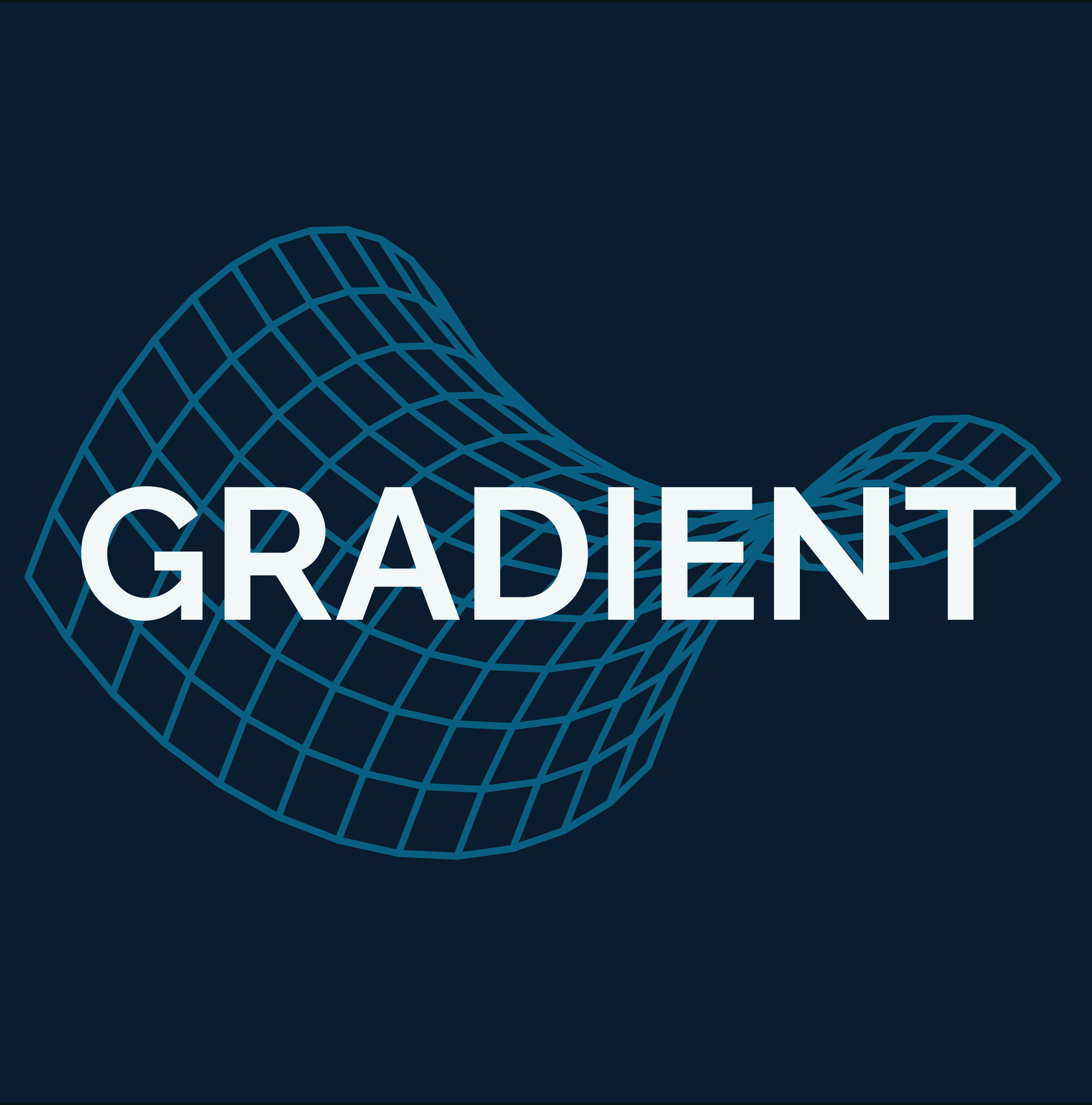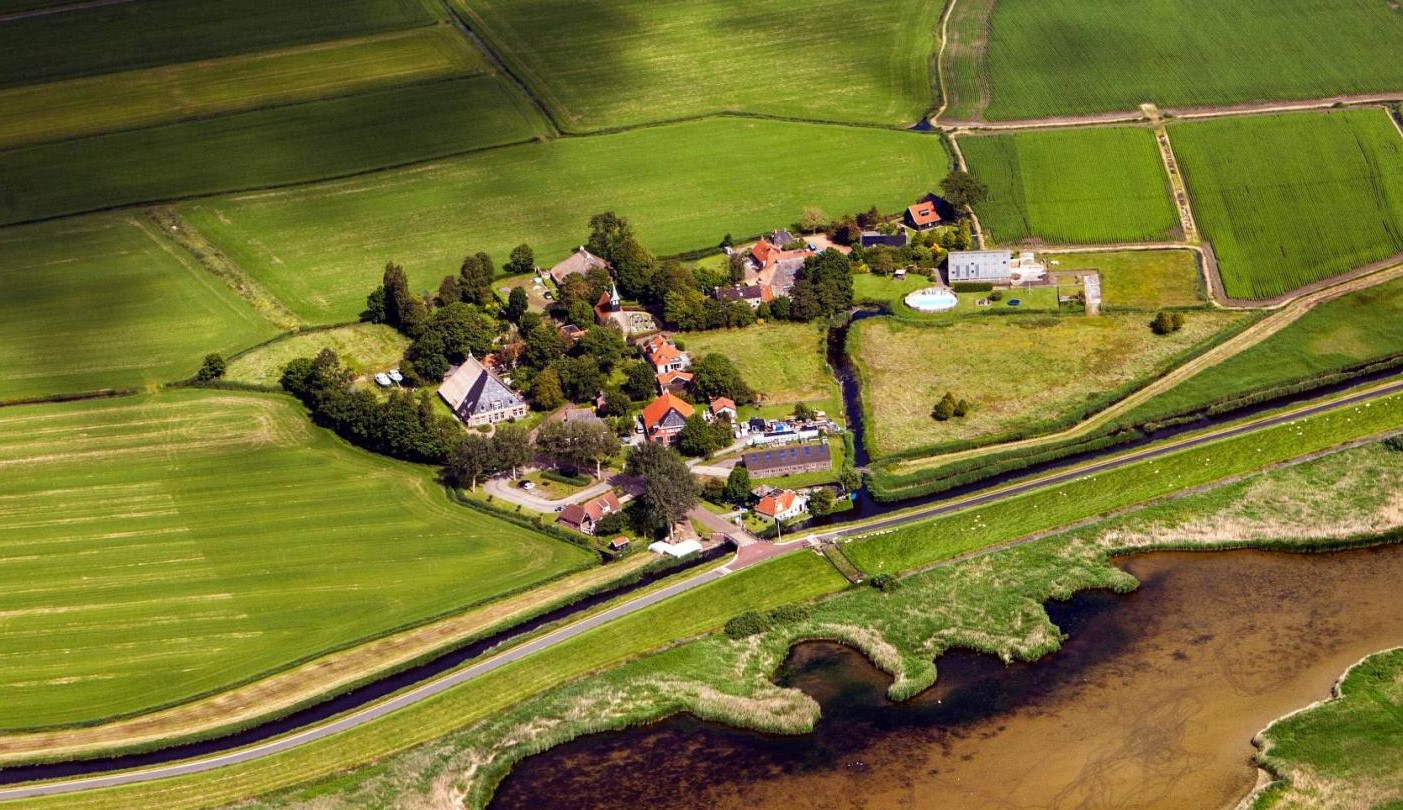De duurzame en toekomstbestendige ontwikkeling van het Nederlandse platteland is een van de grootste uitdagingen van het Ministerie van Landbouw, Natuur en Voedselkwaliteit (LNV). Om deze uitdaging aan te gaan, zijn beleidsmakers, provincies en gebiedsorganisaties afhankelijk van betrouwbare informatie. Maar door de enorme hoeveelheid documenten en kennis die hierover beschikbaar is, blijkt het in de praktijk vaak lastig om snel en effectief antwoorden te vinden.
Daarom ontwikkelden we bij Gradient in samenwerking met het ministerie AIRE – AI voor Regionale Expertise. AIRE ondersteunt beleidsmedewerkers bij het vinden van goed onderbouwde, contextspecifieke antwoorden op complexe vragen. Door gebruik te maken van Retrieval-Augmented Generation (RAG) en open-source taalmodellen, biedt AIRE toegang tot de rijkdom aan kennis die beschikbaar is via onder meer Groen Kennisnet, met ruim 500.000 relevante documenten.
Wat is AIRE?
AIRE is een AI-toepassing ontwikkeld om de uitvoering en handhaving van het programma Ruimte voor Landbouw en Natuur (RLN) te ondersteunen. De tool beantwoordt complexe beleidsvragen op basis van gevalideerde bronnen en maakt gebruik van open-source large language models (LLMs). Daarmee biedt AIRE betrouwbare, contextuele en uitlegbare antwoorden — zonder dat gevoelige data het land verlaat.
Belangrijkste kenmerken:
- Bewezen betrouwbaarheid: Een panel van experts beoordeelde de antwoorden van AIRE gemiddeld met een 8. Significant betrouwbaarder dan de antwoorden uit ChatGPT.
- Domeinspecifieke kennis: Toegang tot een grote database van landbouw- en natuurgerelateerde documenten in het Nederlands.
- Retrieval-Augmented Generation: Combineert slimme zoektechnologie met generatieve AI om feitelijk correcte én goed onderbouwde antwoorden te geven.
- Samen ontwikkeld met beleidsmakers: AIRE is opgebouwd in nauwe samenwerking met eindgebruikers om aan te sluiten bij hun dagelijkse informatiebehoeften.
Ontwikkeling
De ontwikkeling van AIRE verliep in een intensief co-creatietraject van vier maanden. Samen met beleidsmakers, provinciale vertegenwoordigers en inhoudelijke experts werkten we iteratief aan een systeem dat direct aansluit op de praktijk. De nadruk lag op betrouwbaarheid, transparantie en bruikbaarheid.
We bouwden een robuuste RAG-pipeline met open-source modellen, die documenten efficiënt doorzoekt en inhoudelijk sterke antwoorden genereert. Door continu feedback op te halen en het systeem daarop te verbeteren, konden we een tool opleveren die zowel technisch geavanceerd als praktisch inzetbaar is.
Wat we geleerd hebben
Tijdens het traject kwamen enkele belangrijke lessen naar voren:
- Mens + AI werkt het best: AIRE is een ondersteunende tool — het verrijkt, maar vervangt geen expertise.
- Validering is essentieel: De betrouwbaarheid van AI staat of valt met de validatie door domeinexperts.
- Goede data is de basis: Alleen met relevante en goed gestructureerde bronnen kunnen we kwalitatieve AI-oplossingen bouwen.
- Maatwerk is nodig: Elke organisatie heeft unieke vragen, dus flexibiliteit en afstemming zijn cruciaal.
De volgende stap
Na het succes van de pilot hebben we met het ministerie afgesproken om AIRE verder te ontwikkelen binnen de Digitale Werkplaats van LVVN. In deze volgende fase richten we ons op:
- Uitbreiding van de kennisbronnen: Meer documenten en betere ontsluiting voor nog nauwkeurigere antwoorden.
- Gebruiksvriendelijkheid: Verbeterde interface voor intuïtief gebruik.
- Integratie met overheidsystemen: AIRE wordt ingebed in bestaande werkprocessen en beleidsstructuren.
- Continue expertfeedback: We bouwen een duurzame validatiestructuur voor blijvende kwaliteit.
Interesse?
Ervaar je zelf ook dat je vaak weet dat informatie ergens bestaat, maar je het niet kunt vinden? Of ben je gewoon nieuwsgierig naar wat AIRE voor jouw organisatie kan betekenen?
Neem gerust contact met ons op voor een vrijblijvend gesprek, de koffie staat klaar in Rotterdam.

